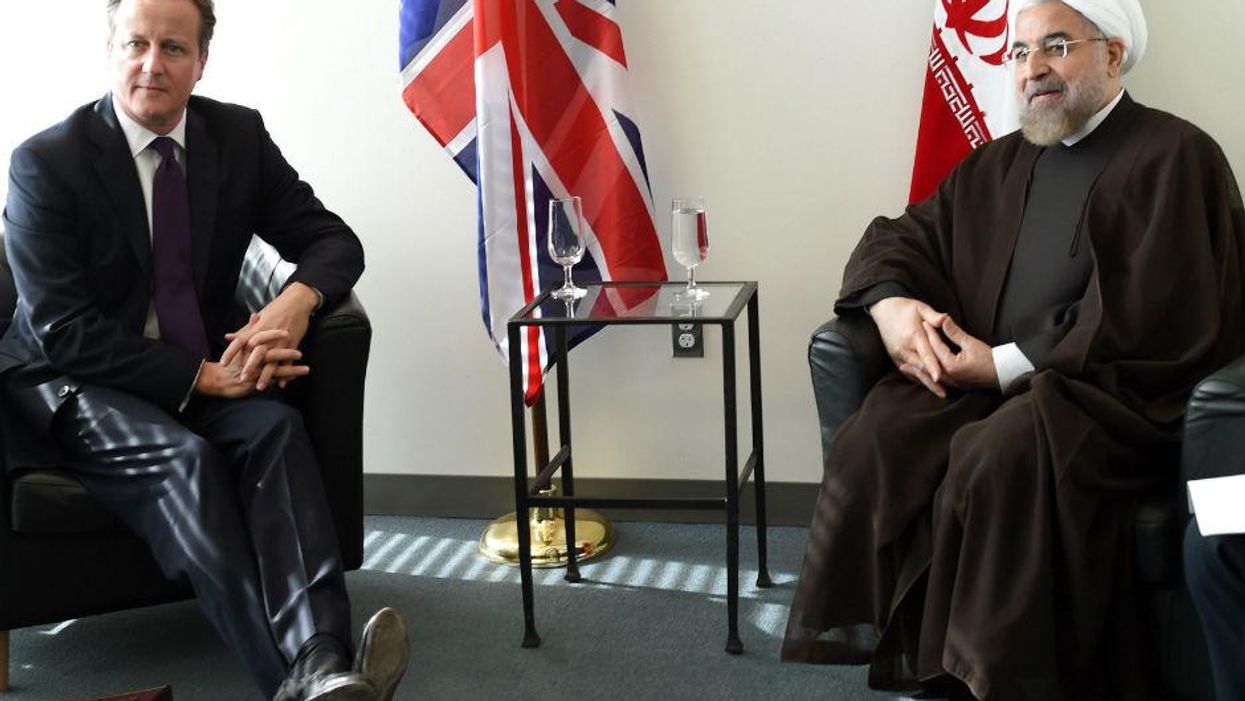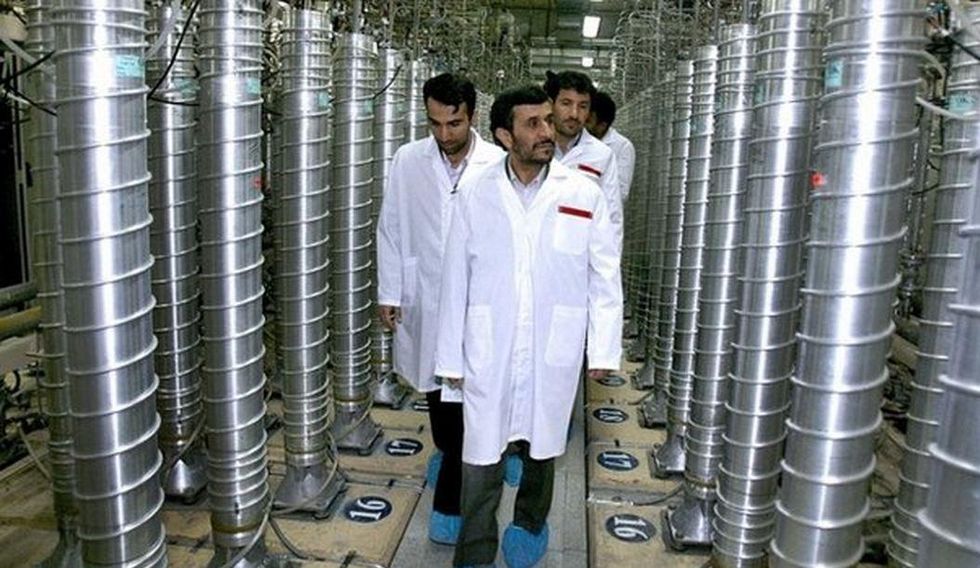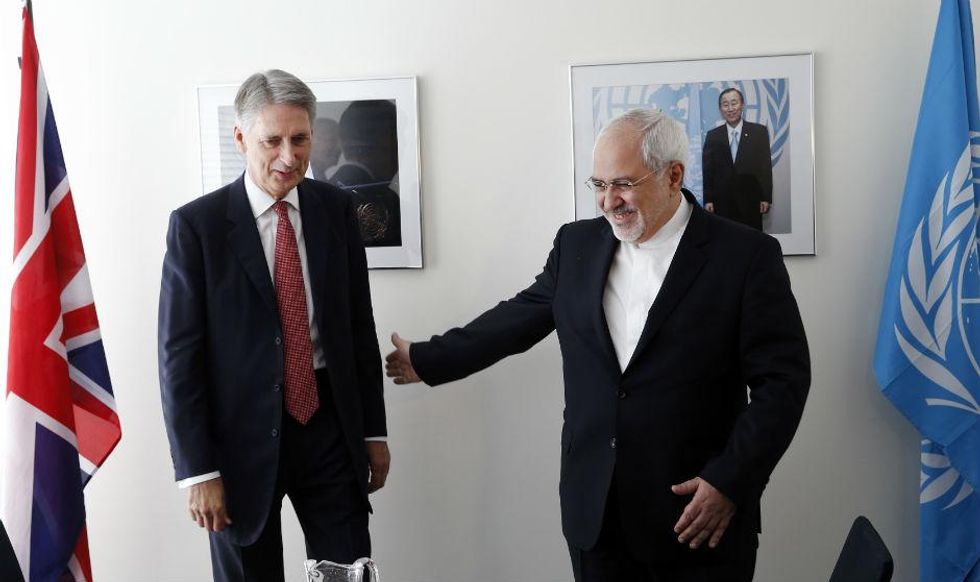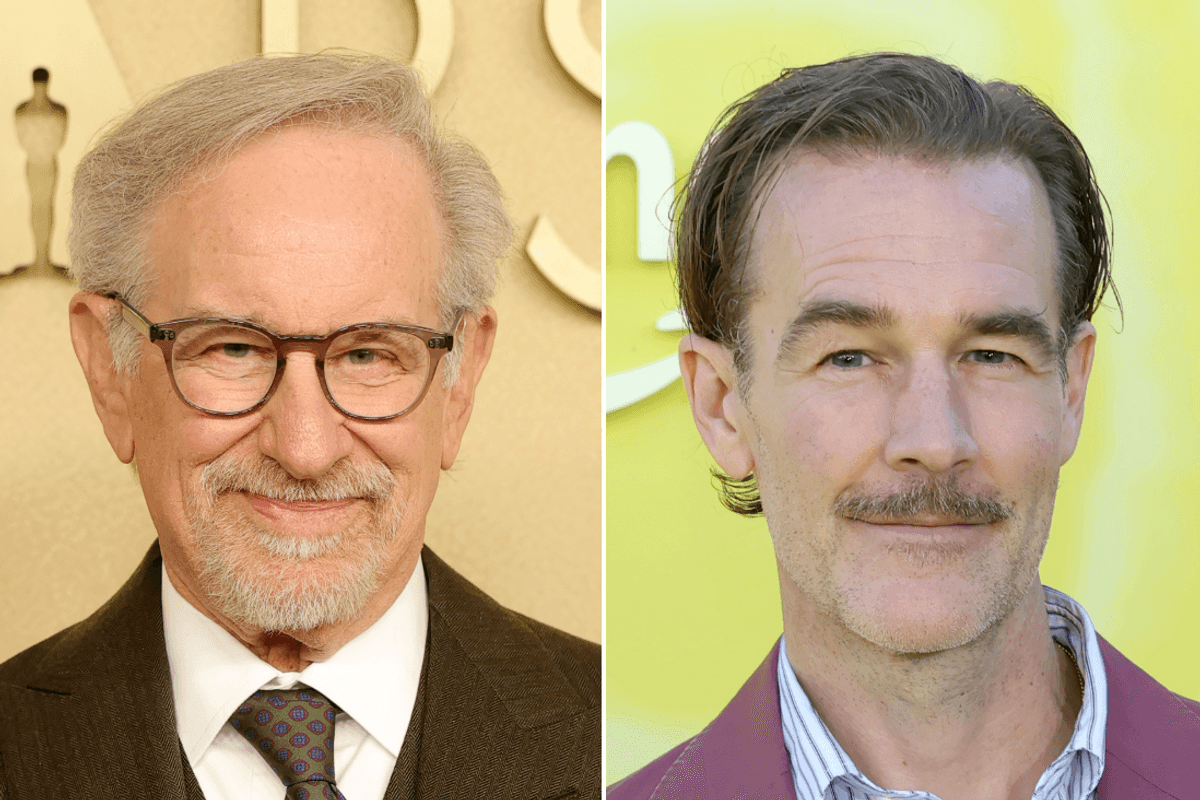News
Evan Bartlett
Sep 24, 2014

David Cameron met Iranian President Hassan Rouhani at the UN General Assembly in New York this week to discuss the fight against Isis.
It was the first face-to-face meeting between the two countries' leaders in 35 years.
Why have relations been so frayed?
Britain severed diplomatic ties with Iran in 1979 following the country's Islamic revolution which saw the installation of the first supreme religious and political leader - Ayatollah Khomeini.
Relations between the countries were further aggravated by numerous diplomatic incidents - including the siege of the Iranian embassy in London in 1980 and the Fatwa issued against British writer Salman Rushdie in 1990.
Not to mention Iranian distrust of London, owing to suspicions about Britain's role in the country's 1953 coup d'etat and the British-Soviet invasion during World War II.
In more recent years the issue of Iran's nuclear programme has been the source of most tensions - with Britain and other Western powers imposing sanctions because they believed the country was, or is, building a bomb.
The British embassy reopened in Tehran in 1988 but was shut down again in 2011 when it was ransacked by a paramilitary group.
Relations with former President Mahmoud Ahmedinejad were notoriously frosty.
The thaw in relations
Diplomatic relations between the countries were said to have "thawed considerably" in recent months, particularly since the election of the more politically-moderate Mr Rouhani in August 2013.
The Foreign Office released a statement in October of last year which said:
We hope that following the election of President Rouhani Iran will engage constructively with the E3+3 [UK, France, Germany + USA, Russia, China] and reach a negotiated settlement with the international community on the nuclear issue.
- Foreign and Commonwealth Office statement, October 2013
The views of Rouhani - a former nuclear negotiator - on political freedoms and equality are seen as more in step with those of the West than his predecessor Mahmoud Ahmedinejad. Although there are still worries over human rights abuses in the country.
An international interim negotiation was reached in January of this year whereby Iran agreed to limit its uranium enrichment programme and with a final deal planned for November.
Iran's embassy reopened in London this summer for the first time since 2011.
Cameron spoke to Rouhani via telephone in November last year and ahead of the pair's meeting today, Philip Hammond, the British Foreign Secretary, met with his Iranian counterpart Mohammed Zarif in New York earlier this week (below).
A potential trade-off?
Number 10 said earlier this week that it still holds a firm stance on Iran's nuclear programme but is hoping that Mr Rouhani will withdraw support for Syrian president Bashar al-Assad.
Critics fear that the prime minister may be forced to make a "trade-off" with Iran, by giving concessions on its nuclear programme in return for action against Isis.
As Oliver Wright in the Independent reports, the meeting may also cause dismay in Israel as well as Sunni countries in the Gulf as it will be seen as a proxy for talks between President Rouhani and the US administration.
More: Informed but not involved: What do airstrikes mean for the Syrian regime?
Top 100
The Conversation (0)















